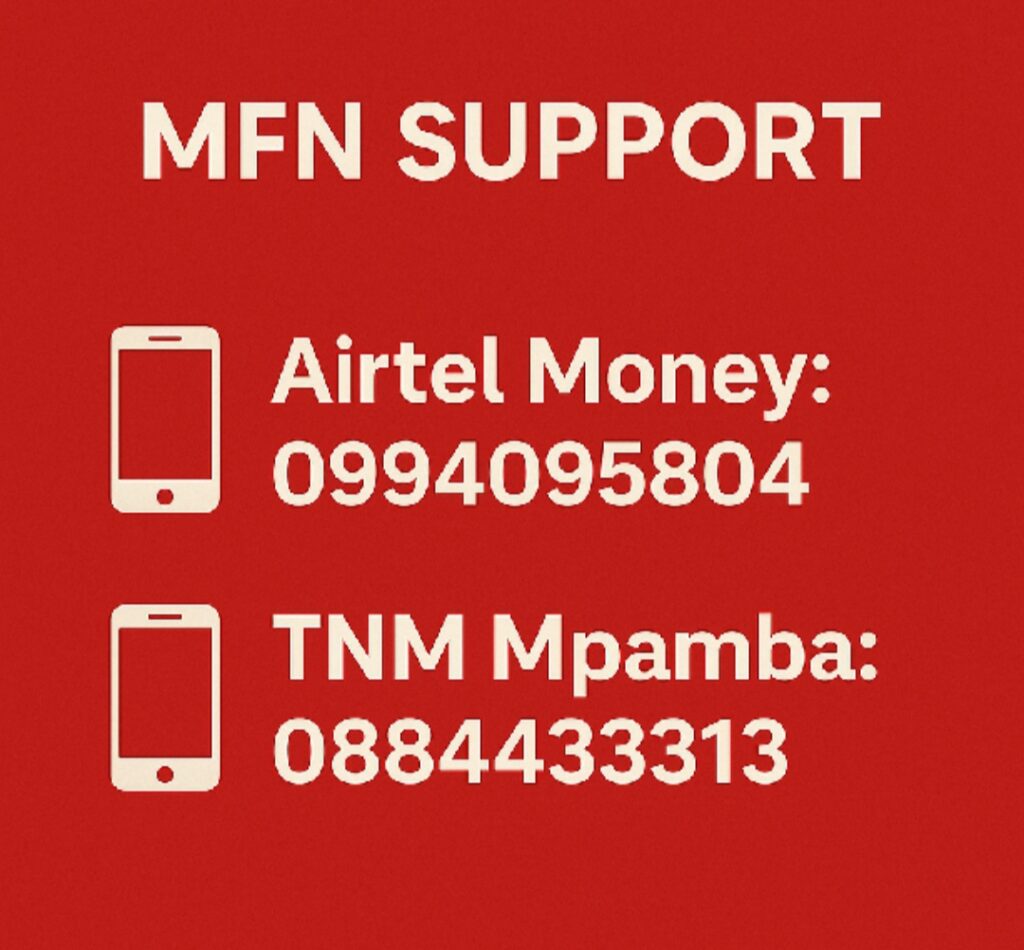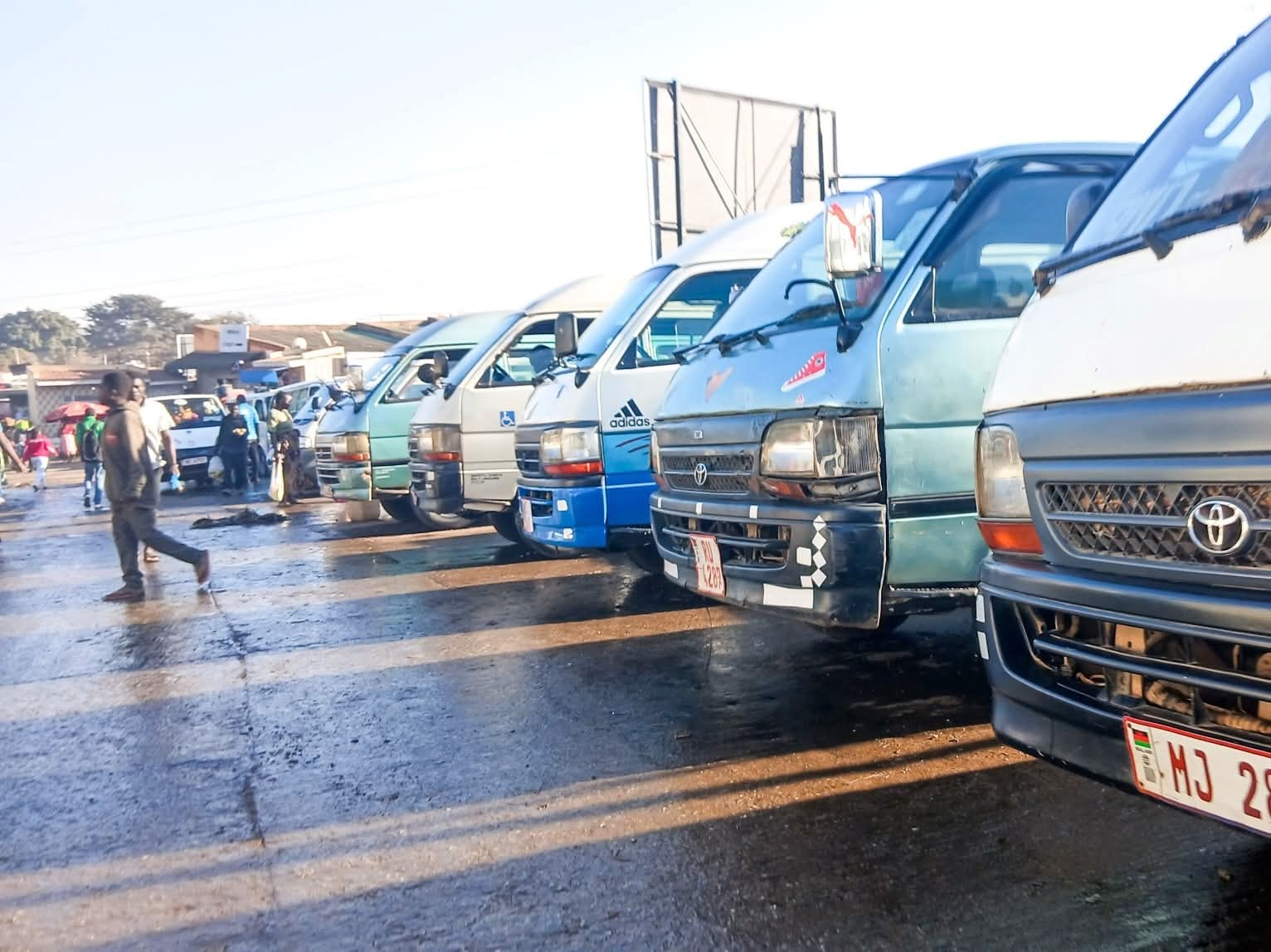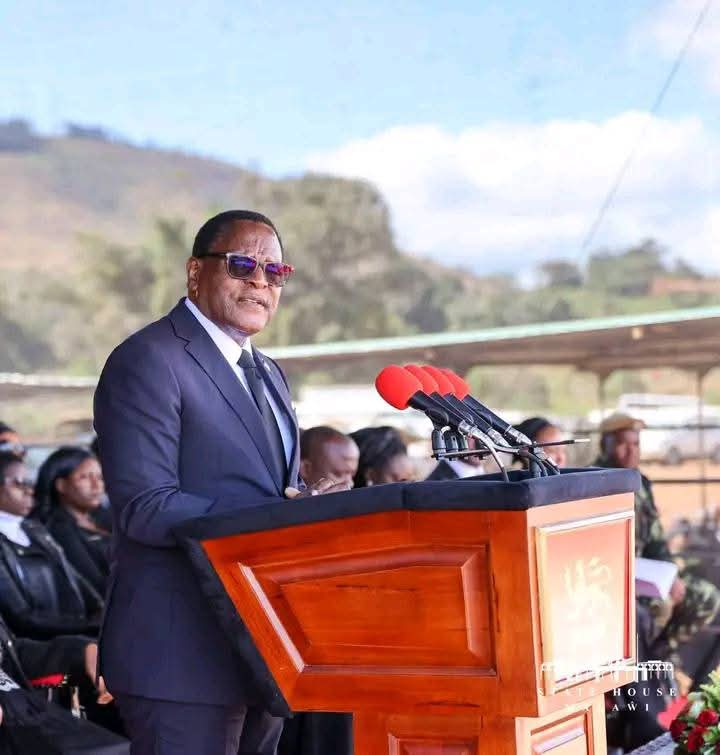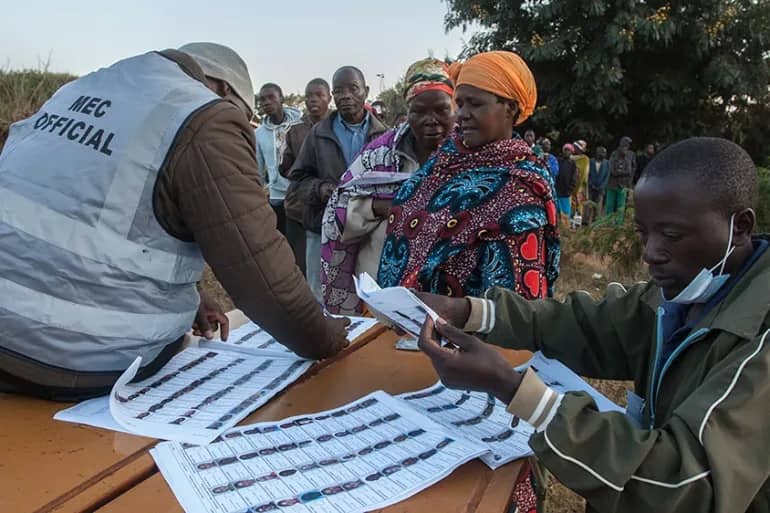By Suleman Chitera
In the heart of Lilongwe, where exhaust fumes dance with dust and every second minibus hoots a call to urgency, a different kind of authority reigns — loud, unappointed, and nearly untouchable.
They’re not in uniform. They carry no badges. Yet they rule the city’s bus terminals with iron tongues and invisible fists.
Nineteen years after government declared minibus touting illegal, the call boys — as they’re notoriously known — remain an “unimpeachable” force in the city’s transport chaos. If anything, their grip has only tightened.
At dawn, the depot awakens not with roosters, but with the shrill cries of young men tugging at passengers:
“Area 25, tsopano! Mavuto palibe!”
“Mtandire, Mtandire! Wina atsika pano!”
It’s a chorus of commerce and coercion. Here, the call boys don’t ask — they command.
Passengers or Prisoners?
For commuters like Marcy Chenjelere, the terminals have become hunting grounds. She still recalls the day she lost her handbag — and with it, her dignity — to the chaos. “They fought over me like wild dogs,” she says. “When I finally sat in the minibus, my phone and wallet were gone. They didn’t even notice I was crying.”
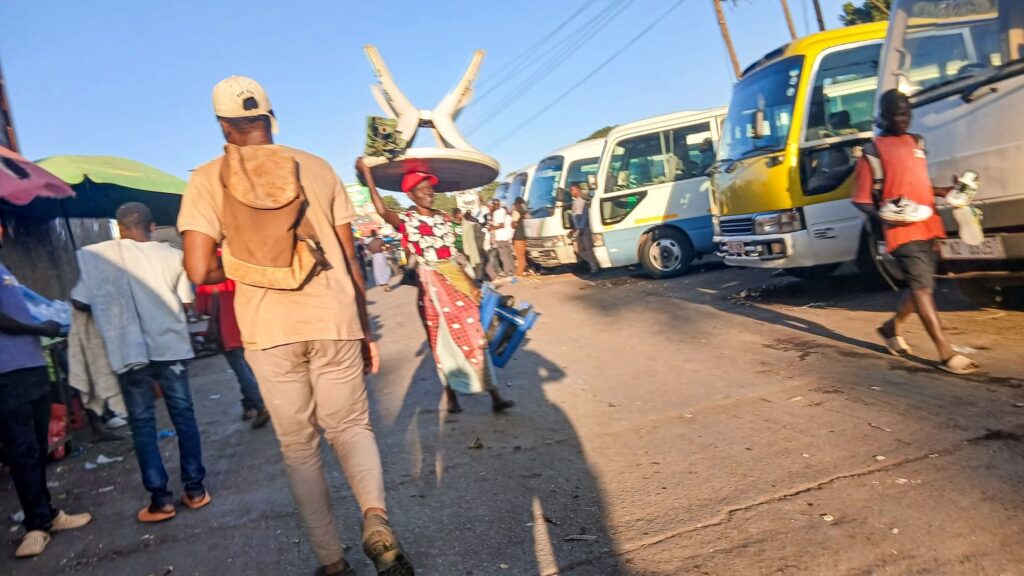
Her experience is not isolated. Reports of pickpocketing, verbal abuse, and forced boarding are common across Lilongwe and beyond. The line between “helping” and harassing is a blur call boys cross daily — unapologetically.
Drivers Between a Rock and a Rough Voice
Minibus and taxi drivers too have become victims of their supposed allies. While councils demand parking fees, call boys demand something far more forceful — obedience and payment.
“Refuse to pay, and they chase you off the rank,” fumes James Simba Chilembwe, a veteran minibus driver. “They’ve built a parallel government inside the depot — and somehow, they’re in charge.”
In most cases, drivers pay twice: K200 to the council, and another fee — sometimes the equivalent of a full passenger fare — to the call boys, just to be left in peace.
Inside the ‘Empire’
But to understand the chaos, one must see it from within.
Behind the shouting and the bravado lies a fragile brotherhood. Yohane Belo, the chairperson of the call boys at the bustling Biwi depot, claims his men operate by a strict internal code. “We suspend anyone who steals or causes trouble,” he says. “We’re not criminals — we’re survivors.”
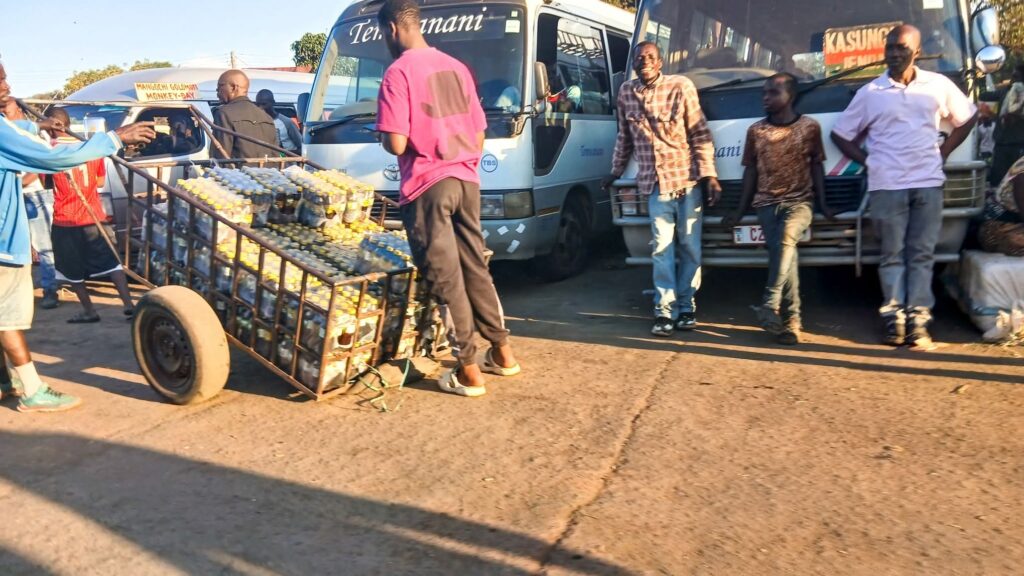
Belo paints a picture of informal order: pooled earnings, shared meals, unwritten rules, and nightly debriefs. “We work with police at Area 36. We are not the problem. Poverty is.”
Indeed, for many of these young men, touting is the only thing standing between their families and hunger. It’s a hard sell — but a real one.
The Council Strikes Back
The Lilongwe City Council admits there’s a problem. But after nearly two decades of broken promises, is this the final reckoning?
“We’ve launched a complaint hotline and partnered with police to bring back order,” says Tamara Chafunya, the Council’s Public Relations Officer. “Only registered staff will be allowed in the depots. We are serious this time.”
A new digital parking system, she adds, is being rolled out to cut off the cash pipeline that fuels extortion and corruption.
Still, the council walks a tightrope: crack down too hard, and risk pushing hundreds of jobless youth into worse crimes. Go too soft, and commuters remain caged in chaos.
A Kingdom in the Shadows
At dusk, as the sun sinks behind the depot skyline, the shouting fades into murmurs. Minibuses disappear into the night. The call boys retreat — not in defeat, but in rhythm. Tomorrow, they’ll rise again.
And so, the struggle continues: between order and survival, law and livelihood, silence and the sharp tongue of a call boy yelling:
“Zingati? Wina atsika pano! Nthawi ikutha!”
Until then, the kings without crowns still rule.
And Malawi waits to see — will their thrones ever fall?
📰 Support Malawi Freedom Network
Empowering Truth. Amplifying Voices.
Your donation helps us deliver fearless, independent journalism.
🎯 Donate Now – Be the Voice for Change
